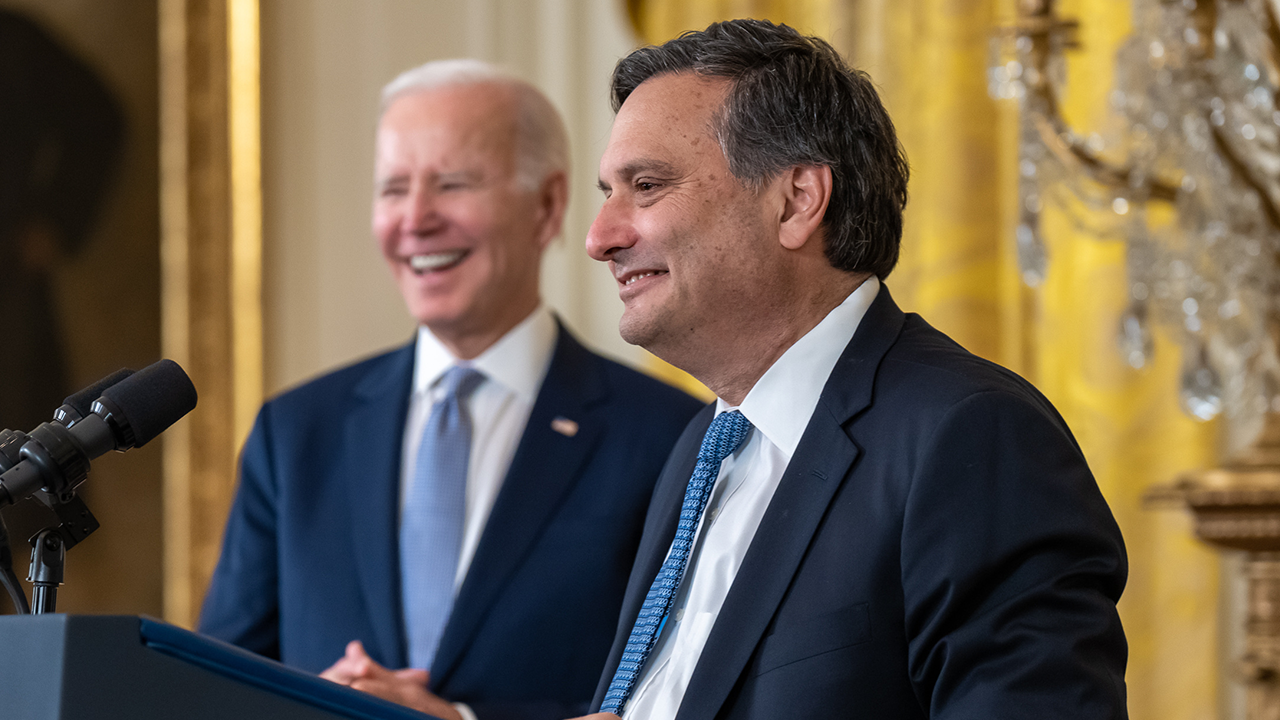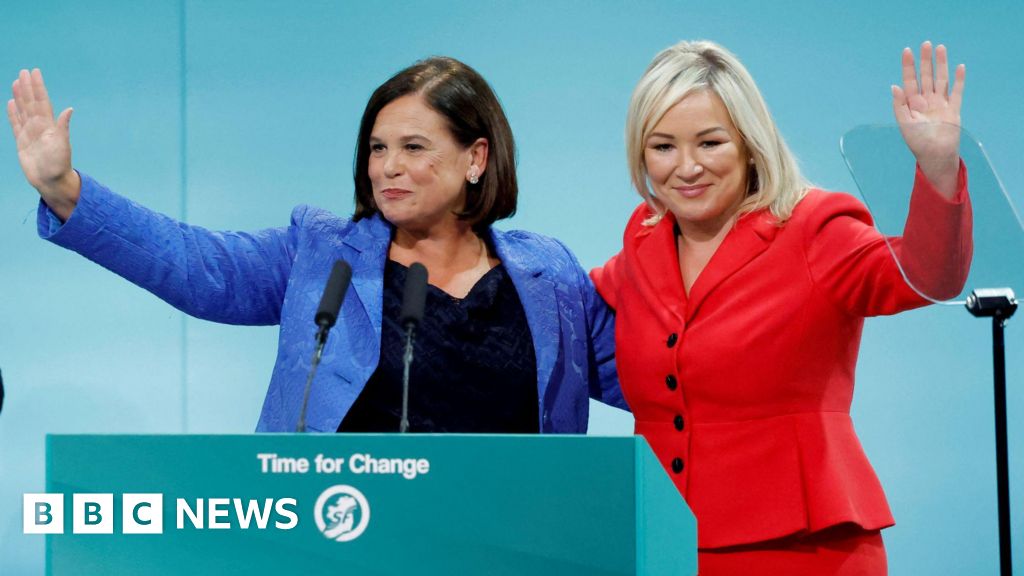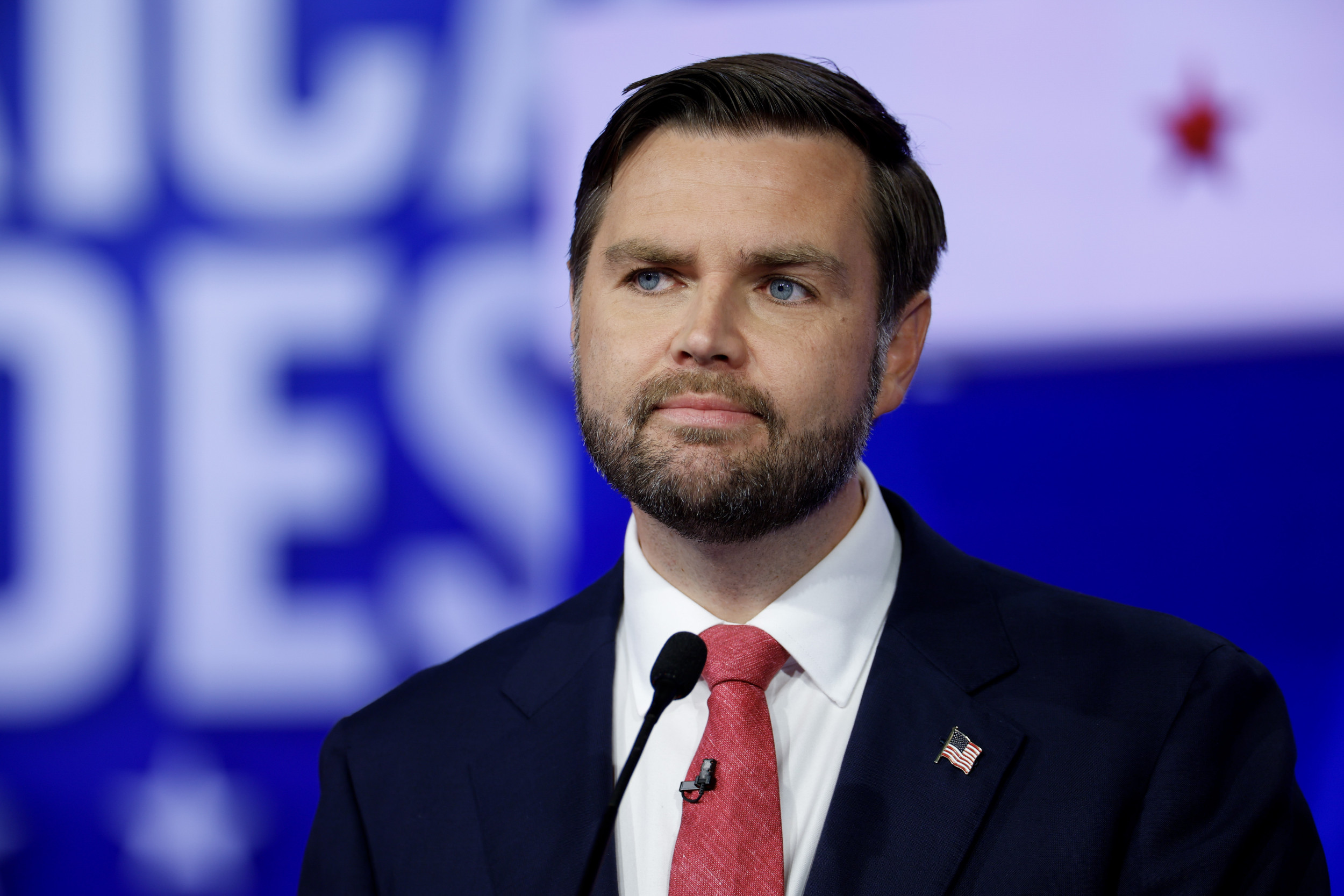President Donald Trump’s victory over then Vice President Kamala Harris in the 2024 election is still being examined months later.
According to a new analysis and polling released last week by Pew Research Center, Trump gained voters in several different areas and communities across the country.
Of those that supported his third bid for president was a growing number of religious voters and people who didn’t vote in the 2020 presidential election.
Annalisa and Rod Lampl of Milwaukee, Wis., participate in a prayer before former President Donald Trump’s arrival at a rally at the KI Convention Center in Green Bay, Wis., on Tuesday, April 2, 2024. | Laura Seitz, Deseret News
Protestants and Catholics swing for Trump
While religious groups largely voted in ways that reflect previous voting habits, Trump gained support among Protestants and Catholics in the 2024 election.
Sixty-two percent of Protestant voters in the United States cast their ballot for Trump in the recent election, while just 36% voted for Harris, the survey found.
A majority, 68%, of Black Protestant voters supported Harris, while a majority of white protestants voted for Trump. He received 58% support from white non-Evangelical Protestants and 81% from white Evangelical Protestants.
It was the most support Trump has seen from Protestant voters among the last three elections he’s participated in. In 2020, he received 59% support from Protestants and in 2016, he earned 56%.
Pew noted in its analysis that Trump’s gains among Protestants included a small group of swing voters. Five percent of Protestants who voted for former President Joe Biden in 2020, switched to Trump.
Trump also saw a surge in support among Catholic voters.
In the most recent election, Trump earned 55% support among Catholic voters compared to Harris’ 43%. The most support for Trump was among white Catholics, while Harris saw more votes from Hispanic Catholics.
Similarly, it was also the most support Trump has seen from Catholic voters in the last three elections. In 2020, he earned 49% and in 2016, he saw 52% support from Catholics. Trump also benefited from Catholic defectors, with 7% of Biden voters switching to cast their ballot for him in 2024.
Trump has made a considerable effort to gain support from religious groups while in office. He’s created a White House Religious Liberty Commission, which plans to hold a handful of hearings.
Other religious trends
Pew found that religiously unaffiliated voters, like in the past, supported the Democratic ticket.
Among unaffiliated voters, 70% cast their ballot for Harris in 2024 and just 28% for Trump. Similar numbers were reported in 2020.
Trump also grew in support among voters who regularly attend religious gatherings.
A majority, 64%, of voters who attend religious services once a month or more often supported Trump. In 2020, 59% of frequent religious service attenders supported Trump.
Key points
The Pew analysis found that Trump won the election with a coalition that was “more racially and ethnically diverse” than the previous two election cycles.
He saw his support increase among Hispanic voters, Black voters and Asian voters in 2024. Trump also gained support among voters who did not participate in 2020.
While Trump did gain support among voters of color, the voter coalition data shows former Democratic voters of color did not change their party affiliation. Pew found that more people who did not vote in 2020, particularly people of color, cast ballots for Trump in 2024 and that’s why he saw a surge of support.
Pew also found that Harris would not necessarily have benefited from more people turning out on Election Day. Among eligible people who did not vote, 40% said they would have voted for Harris and 44% said Trump when asked what they hypothetically would have done.













